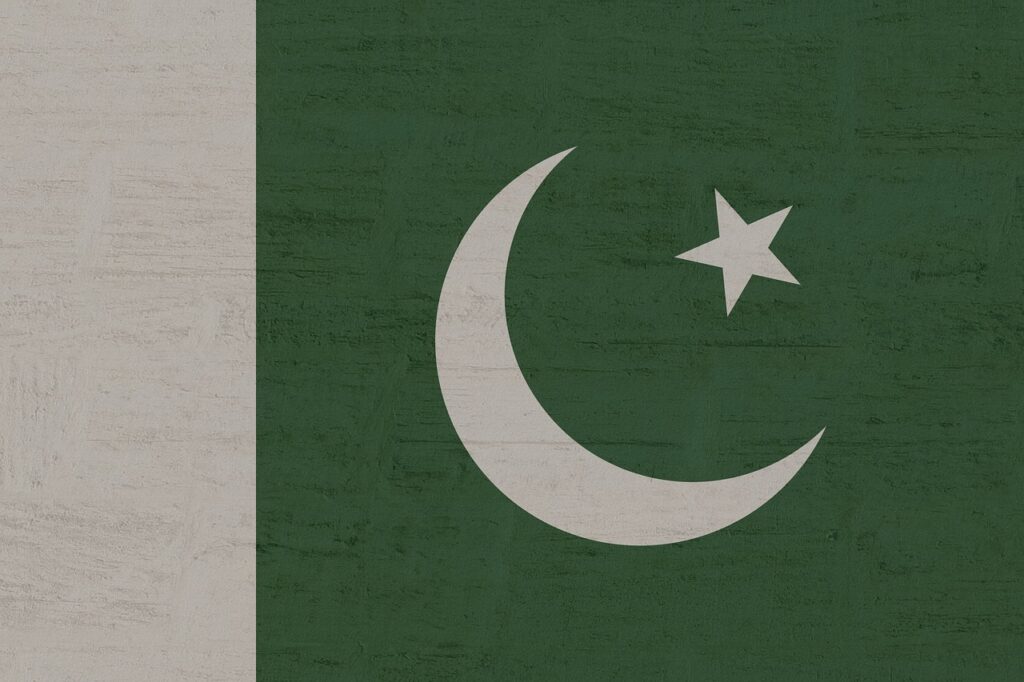- Politics
- Donald Trump Nobel Peace Prize Pakistan
- By Manohar Patil
Pakistan Nominates Donald Trump for 2026 Nobel Peace Prize: A Diplomatic Gambit
In a move that has sent ripples across international diplomatic circles, Pakistan has officially nominated President Donald Trump for the 2026 Nobel Peace Prize. This significant endorsement, announced by Islamabad, is attributed to Trump’s “decisive diplomatic engagement” and “pivotal leadership” during the 2025 India-Pakistan crisis, which Pakistan claims helped avert a catastrophic regional conflict between the nuclear-armed neighbors. The nomination comes amidst ongoing debates about the criteria and political implications of the prestigious award.
The Rationale Behind the Nomination
Pakistan’s decision to nominate Donald Trump stems from its assertion that his behind-the-scenes diplomacy played a crucial role in de-escalating tensions during a period of heightened military standoff. Following what Pakistan termed “unprovoked and unlawful Indian aggression” earlier this year, Islamabad launched a “measured” military response. According to Pakistan, it was Trump’s “strategic foresight and stellar statesmanship” and “robust diplomatic engagement with both Islamabad and New Delhi” that led to a ceasefire and prevented a broader war.
Islamabad’s official statement lauded Trump’s “intervention” as a “testament to his role as a genuine peacemaker” and his “commitment to conflict resolution through dialogue.” The nomination also implicitly connects to Trump’s repeated offers to mediate the long-standing Kashmir dispute, which Pakistan views as evidence of his “sincere commitment to durable peace in South Asia.”
India's Stance and Regional Dynamics
The nomination, while a significant symbolic gesture from Pakistan, is likely to further intensify diplomatic friction with India. New Delhi has consistently denied any foreign mediation in its bilateral issues with Pakistan, including the recent crisis. Indian Prime Minister Narendra Modi reportedly reiterated in a phone call with Trump that discussions took place solely at Pakistan’s request, and “no other nation was involved.” India has previously dismissed Trump’s claims of brokering peace between the two nations.
This divergence in narratives highlights the complexities of the South Asian geopolitical landscape. Pakistan’s nomination of Trump for the Nobel Peace Prize could be seen as an attempt to leverage a global platform to reinforce its version of events during the crisis and to underscore its desire for international mediation on contentious issues.
The Nobel Peace Prize Process and Implications
The Nobel Peace Prize is awarded annually by the Norwegian Nobel Committee to individuals or organizations who have “done the most or the best work for fraternity between nations, for the abolition or reduction of standing armies and for the holding and promotion of peace congresses.” Nominations can be made by various eligible individuals, including members of national assemblies and governments, former Nobel Peace Prize laureates, and university professors in relevant fields.
While a nomination is a public statement, the Nobel Committee maintains strict confidentiality regarding nominees for 50 years. Therefore, the ultimate outcome of Pakistan’s nomination for 2026 will not be known for decades. However, the immediate impact of such a high-profile nomination is primarily political and symbolic. It elevates Trump’s perceived role in regional stability, as seen by Pakistan, and adds another layer to the ongoing international discourse surrounding his legacy. Whether this nomination gains traction or faces significant international skepticism remains to be seen, but it undoubtedly adds a fascinating dimension to the upcoming Nobel Peace Prize considerations.
Share this Article
WhatsApp
LinkedIn
Telegram
Email
Get Daily Updates to Your Inbox
Subscribe to News Letter
Advertisement


